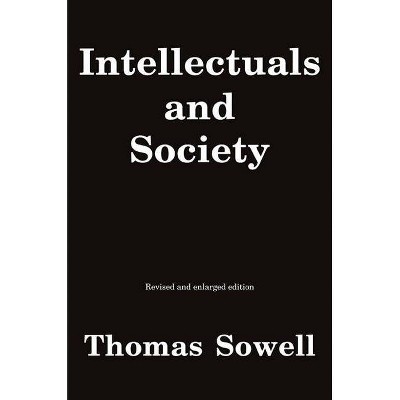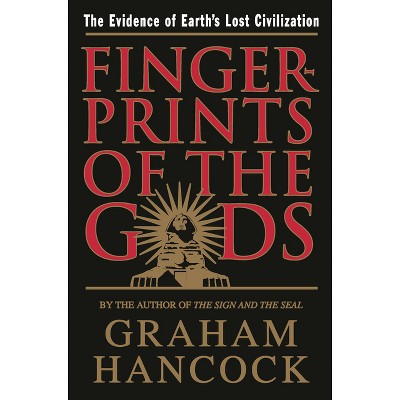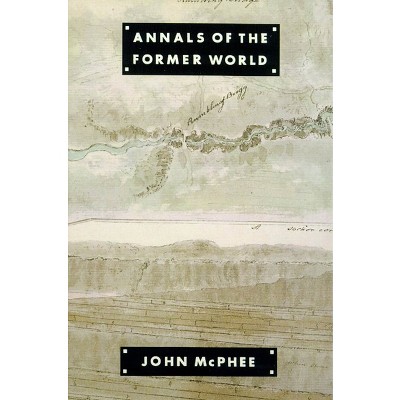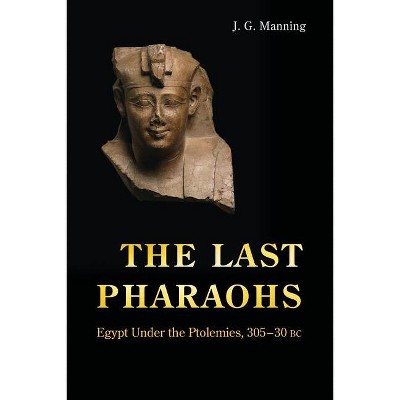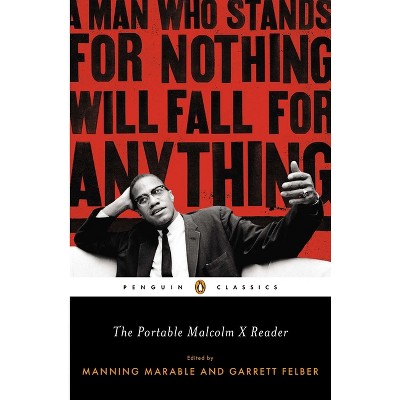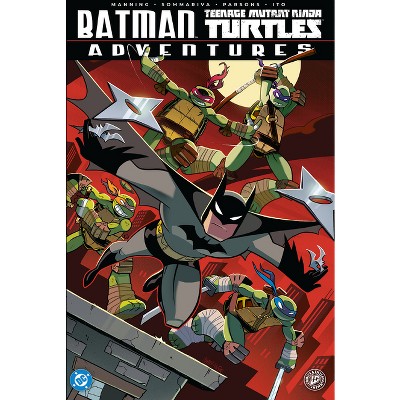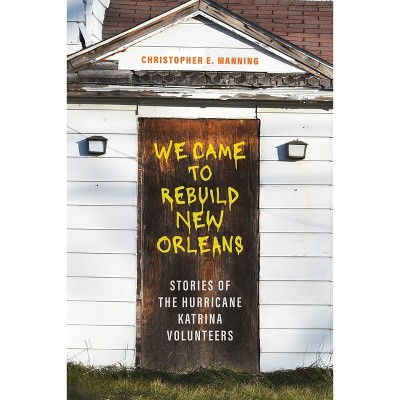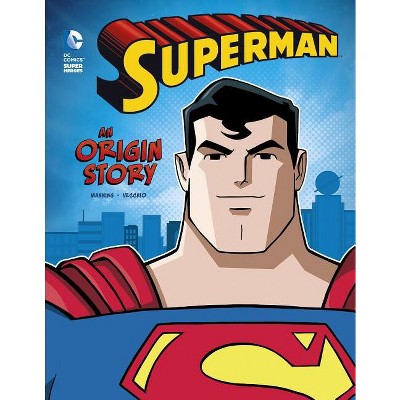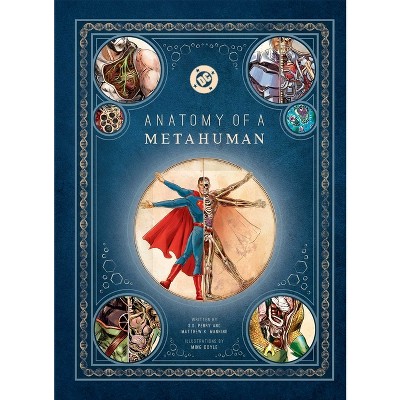Sponsored

The Open Sea - by J G Manning (Paperback)
In Stock
Sponsored
About this item
Highlights
- A major new economic history of the ancient Mediterranean world In The Open Sea, J. G. Manning offers a major new history of economic life in the Mediterranean world during the Iron Age, from Phoenician trading down to the Hellenistic era and the beginning of Rome's supremacy.
- About the Author: J. G. Manning is the William K. and Marilyn M. Simpson Professor of History and professor of classics at Yale University.
- 442 Pages
- History, Ancient
Description
Book Synopsis
A major new economic history of the ancient Mediterranean world
In The Open Sea, J. G. Manning offers a major new history of economic life in the Mediterranean world during the Iron Age, from Phoenician trading down to the Hellenistic era and the beginning of Rome's supremacy. Drawing on a wide range of ancient sources and the latest social theory, Manning suggests that the search for an illusory single ancient economy has obscured the diversity of the Mediterranean world, including changes in political economies over time and differences in cultural conceptions of property and money. At the same time, this groundbreaking book shows how the region's economies became increasingly interconnected during this period--and why the origins of the modern economy extend far beyond Greece and Rome.From the Back Cover
"Ranging over the entire Mediterranean from the Iron Age to the dawn of the Roman Empire, Manning draws on new evidence to rethink ancient history as a whole. Along the way, he makes clear what drove economic and institutional development in the ancient world: not huge empires but cross-cultural exchange and a very different sort of politics."--Philip T. Hoffman, author of Why Did Europe Conquer the World?
"For too long, specialists have drawn lines through the ancient Mediterranean, with Egypt and the Near East on one side and Greece and Rome on the other. True to its title, The Open Sea washes these lines away, reuniting what should never have been separated. Manning provides a unified view of the economies of the first millennium BC, and everyone interested in the period will want to read this book."--Ian Morris, author of Why the West Rules--for Now
Review Quotes
"The truly new ground explored in The Open Sea lies at the intersection of environmental and economic history. . . . Manning provides a thoughtful overview of the challenges and prospects we face in integrating the paleoclimate into the study of ancient economies. . . . An expert and bracing survey."---Kyle Harper, EH.net
"The author's scholarly heft will impress and persuade his audience as to the validity and significance of his insights and contributions; 125 pages of endnotes and bibliography buttress his case."---A.R. Sanderson, Choice
"For too long, specialists have drawn lines through the ancient Mediterranean, with Egypt and the Near East on one side and Greece and Rome on the other. True to its title, The Open Sea washes these lines away, reuniting what should never have been separated. Manning provides a unified view of the economies of the first millennium BC, and everyone interested in the period will want to read this book."--Ian Morris, author of Why the West Rules--for Now
"Ranging over the entire Mediterranean from the Iron Age to the dawn of the Roman Empire, Manning draws on new evidence to rethink ancient history as a whole. Along the way, he makes clear what drove economic and institutional development in the ancient world: not huge empires but cross-cultural exchange and a very different sort of politics."--Philip T. Hoffman, author of Why Did Europe Conquer the World?
About the Author
J. G. Manning is the William K. and Marilyn M. Simpson Professor of History and professor of classics at Yale University. He is the author of The Last Pharaohs: Egypt under the Ptolemies (Princeton) and Land and Power in Ptolemaic Egypt, and the coeditor of The Ancient Economy.
